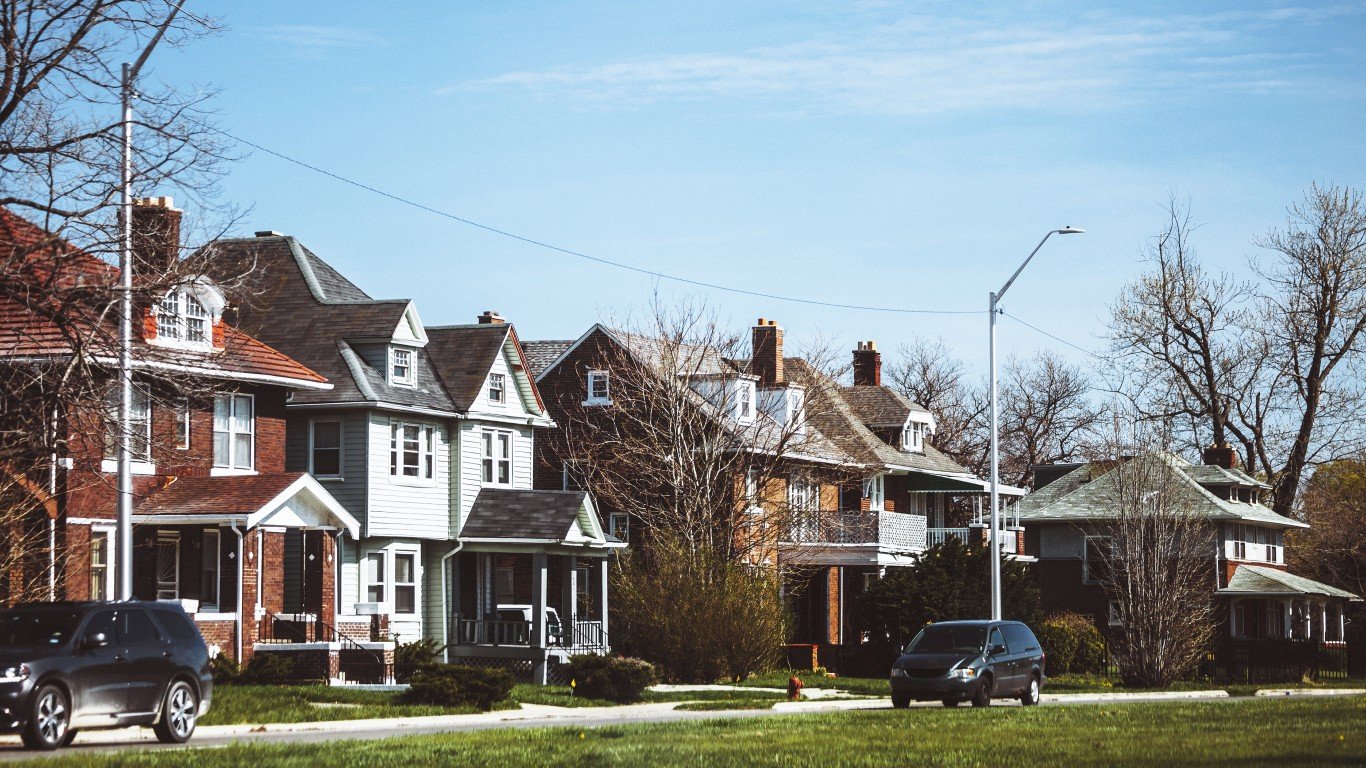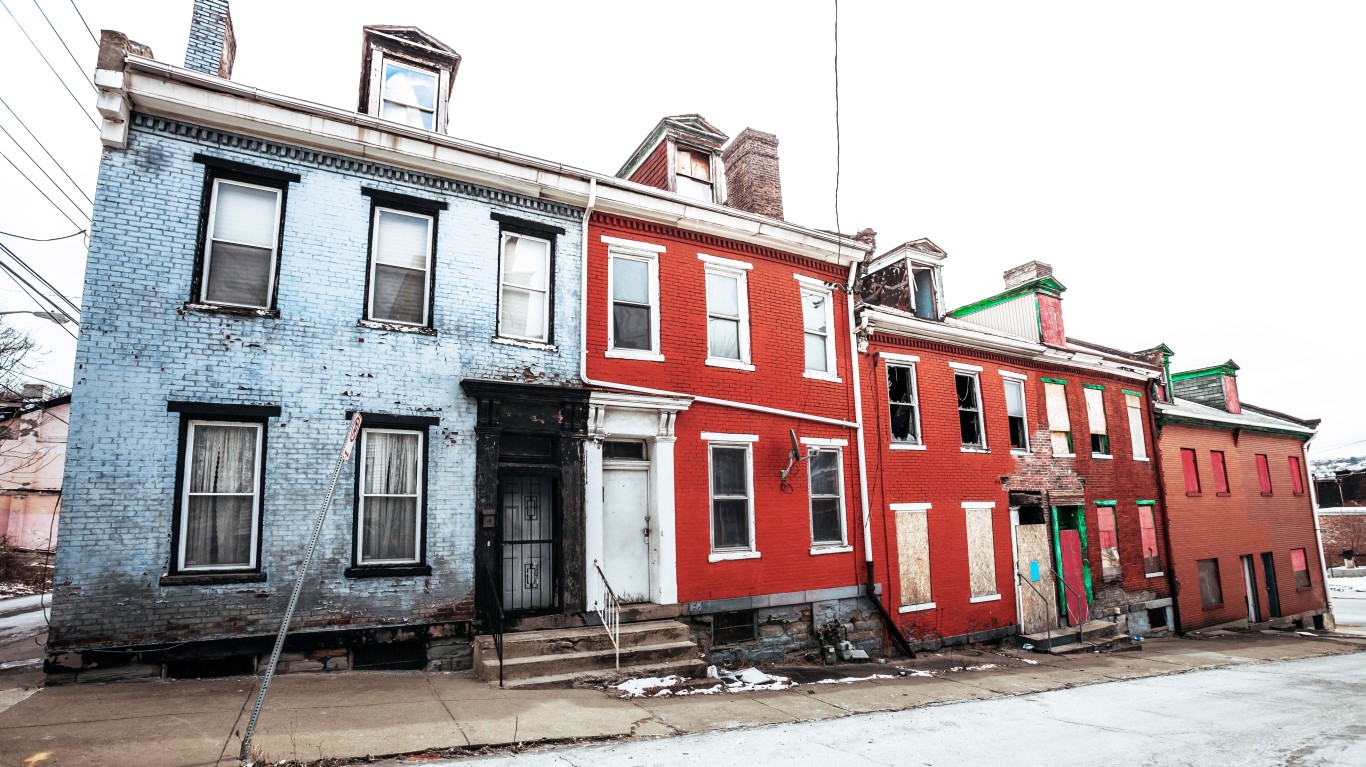 Anyone who reads the papers or visits news sites on the internet knows that sales of new homes dropped 11.2% in January to a seasonally adjusted annual rate of 309,000. This figure is said to be the lowest level since 1942 by some analysts and the lowest level in 50 years by others.
Anyone who reads the papers or visits news sites on the internet knows that sales of new homes dropped 11.2% in January to a seasonally adjusted annual rate of 309,000. This figure is said to be the lowest level since 1942 by some analysts and the lowest level in 50 years by others.
Economists tried to explain the numbers away and some of their arguments were persuasive. Bad weather kept people from house hunting. If that is so, the figures should pick up in the spring. But, they won’t, at least not by very much.
Recent data from the Mortgage Bankers Association, the government, and other sources show that the default rates and foreclosures on homes are continuing to rise. More than eleven million people now live in houses which have underwater mortgages. Most of these problem loans are in the states where home prices have fallen the most, states which include Michigan, Nevada, California, and Nevada. As foreclosures on underwater mortgages in these states fall, so will home prices.
People are not aggressively shopping for homes because home prices are continuing to fall and default rates and foreclosures are likely to make that problem worse as the year wears on.
Unemployment is mentioned as a reason that more homes are not sold. The impact of joblessness in the housing market is still underestimated. Unlike recessions in the past, many people have been out of work for six months or longer. Economists now admit that millions of jobs which were wiped out in 2007, 2008, and 2009 will never come back. People who are out of work for a long period are not homebuyers, and may well be people whose homes have been foreclosed on, are going into foreclosure, or will go into foreclosure this year.
The trend toward renting and living with relatives as a way to save money is also on the rise as credit remains tight and people look for jobs. Banks are reluctant to offer mortgages to people unless they have large down payments. Most homebuyers are not sitting a large sums of cash, particularly if they have just sold a home which lost most or all of its equity value over the last three yeas. Renting keeps a roof over people’s heads and allows them the flexbility of leaving a house after a year if their financials worsen.
The number of people who live with relatives has increased. Such arrangements were common during The Great Depression when several generations lived under the same roof. It appears that the trend has returned.
Sales of new or existing homes,will remain moribund at least for the rest of this year. There are too many trends that will keep buyers out of the market and falling prices are viewed by many potential buyers as a trap that will catch them with a house which is still losing its value.
Douglas A. McIntyre
Sponsored: Find a Qualified Financial Advisor
Finding a qualified financial advisor doesn’t have to be hard. SmartAsset’s free tool matches you with up to 3 fiduciary financial advisors in your area in 5 minutes. Each advisor has been vetted by SmartAsset and is held to a fiduciary standard to act in your best interests. If you’re ready to be matched with local advisors that can help you achieve your financial goals, get started now.
Thank you for reading! Have some feedback for us?
Contact the 24/7 Wall St. editorial team.



